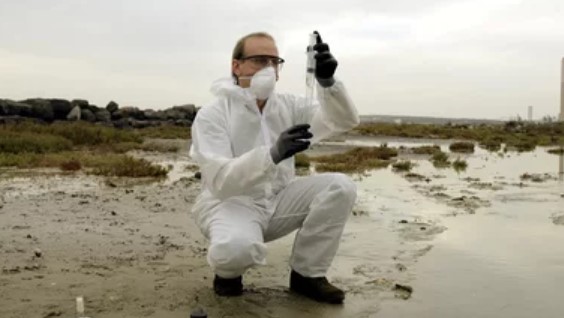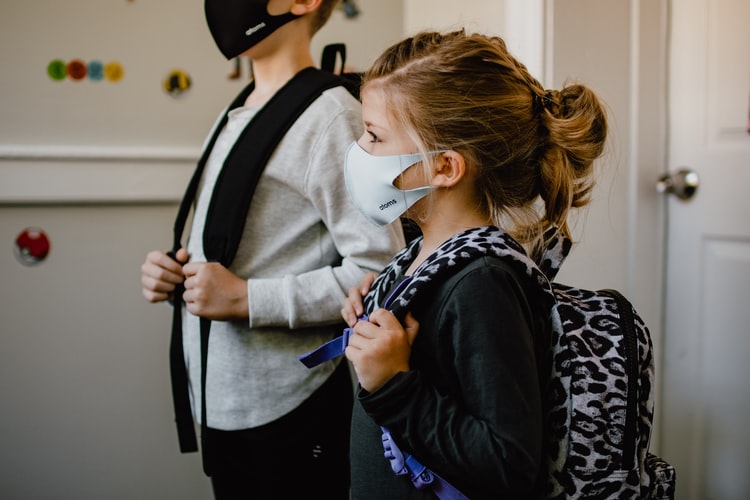WHO has issued new guidelines on water quality assessment and risk management today. According to the World Health Organisation many countries around the world regularly monitor water quality, enact measures to reduce pollution and make timely information available so water users can make an informed decision about if and where they swim.
“The latest guidelines of WHO include targets and risk management approaches based on scientific evidence and best practice from around the world summarized in several recommendations to better protect recreational water users and anticipate risks to water quality”, said Kate Medlicott, Sanitation and Wastewater Team leader at WHO.
Three WHO recommendations on Water Quality Management now
Set national health-based targets for recreational water bodies. These include microbial levels (from faecal contamination); cyanotoxins (from harmful algal blooms); and, where justified by risk and resource availability, other microbial hazards beach sand and chemicals;
Develop and implement recreational water safety plans (RWSPs) for priority bathing sites;
Conduct ongoing surveillance and risk communication of recreational water-related illness associated with recreational waters and give the public timely information about health risks.
“Implementing these guidelines would go a long way to ensuring that happy memories are made at the beach for generations to come.”, said Medlicott.






